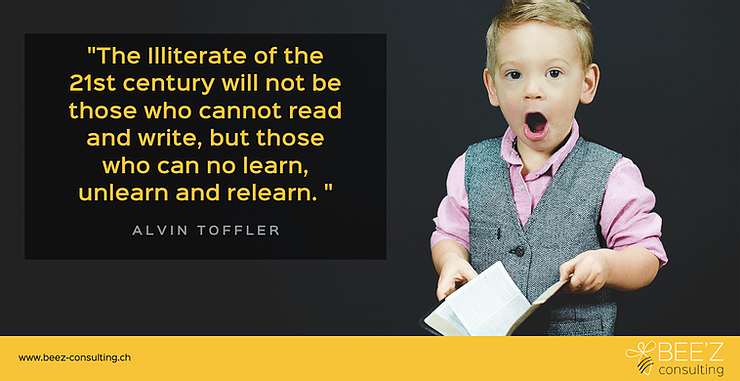
The World Economic Forum predicted that by 2025, we will witness groundbreaking technological advancements:
These transformative shifts are not just limited to industries—they are reshaping education too.
Education is no longer confined to four walls. With the rapid advancement of technology and globalization, learning has expanded beyond traditional classrooms, enabling students to connect with resources and knowledge from around the world. Dr. Denise Trauth, President of Texas State University, highlights how technology and globalization are profoundly impacting education. She emphasizes that while face-to-face learning remains crucial, technology is redefining how students engage and learn. Classrooms are being reconfigured to integrate new technologies, enabling interactive and collaborative learning experiences.
“We have configured the classrooms differently. All of these classrooms obviously are capable of having lots and lots of technology, whether you’re talking about the individual devices, or you’re talking about the devices the instructor is using.” — Dr. Denise Trauth
Today's students need real-world skills to thrive in the rapidly evolving landscape. Beyond critical thinking and problem-solving, digital competencies once reserved for computer science are now essential across all fields. Education institutions must create environments where learners can develop these skills to remain competitive and future-ready.
To meet the demands of the future, education must evolve from traditional curriculums to student-centric learning models. This approach focuses on:
This shift also embraces personalized learning pathways, where technology supports students at their own pace, allowing them to master concepts before moving forward. Such models not only improve understanding but also empower students to take charge of their learning journey.

Supporting this evolution, Microsoft has developed the Microsoft Education Transformation Framework. This research-driven initiative offers a structured yet flexible approach to integrating technology in schools. Recognizing that every institution is unique, the framework provides a non-prescriptive model adaptable to different educational contexts.
The framework focuses on four key pillars:
This holistic approach ensures that educational institutions are not just catching up with technology but leading the way in digital education.
Are you leading an educational institution and want to understand how technology can elevate learning? At Bee'z Consulting, we are experts in transformation and a proud Microsoft Partner in Education. We help schools and universities unlock the potential of technology to create agile, collaborative, and future-ready learning environments.
Contact Bee'z Consulting to schedule a complimentary discussion and explore how the Microsoft Education Transformation Framework can revolutionize your institution's learning experience.
Contact Bee'z Consulting – Your Partner in Educational Transformation.

.png)
Leadership often breaks under pressure, not in training rooms. See why simulations help leaders practise real decisions and conversations, and how Bee’z Consulting turns practice into visible results within 7 days.


Close the experience gap fast. Run a 60 minute Experience Gap Scan to spot 5 friction moments and test one fix in 7 days. Clear owners. Better trust for teams.


Lessons from 2025. The real blockers were not strategy or tech. They were decisions, load, trust, and habits. Practical moves for 2026.
